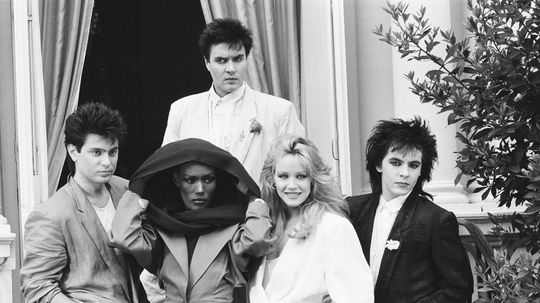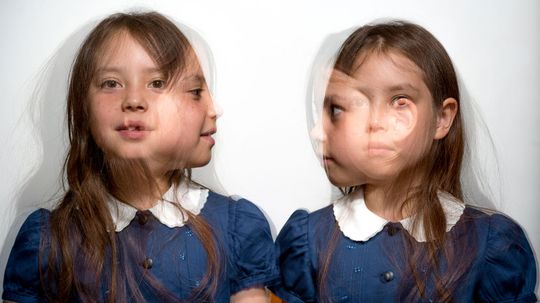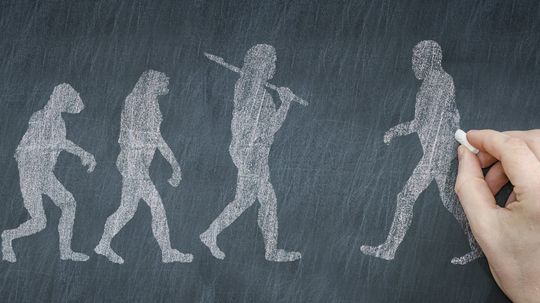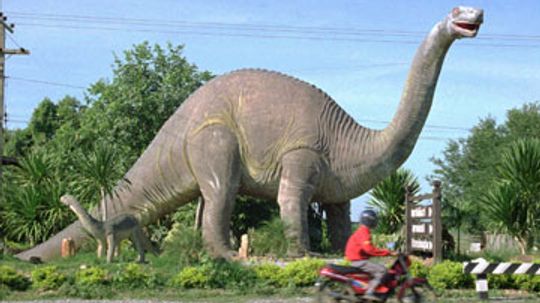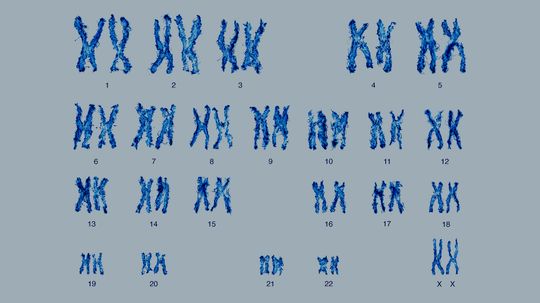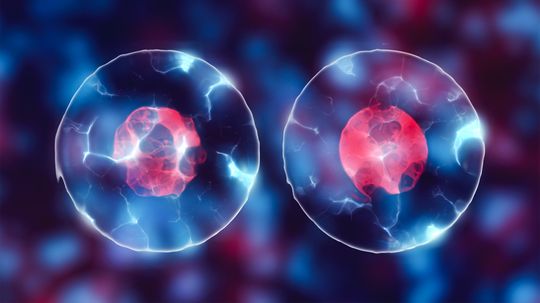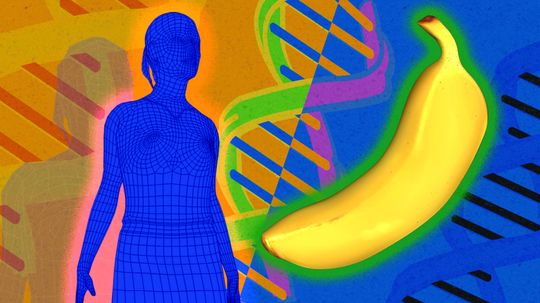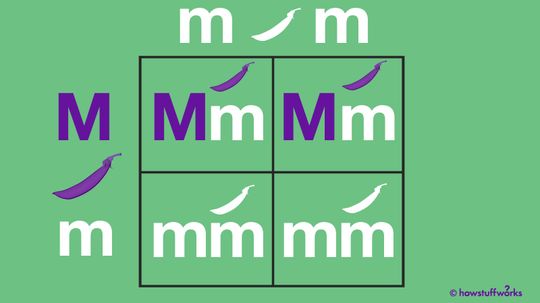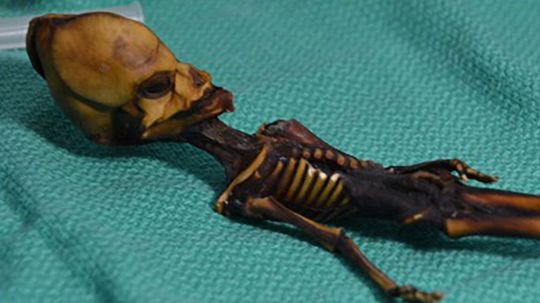Genetic Science
Genetics is the study of cellular science. It furthers our understanding of how DNA and the genetic make-up of species and can lead to cures for diseases and shape our future.
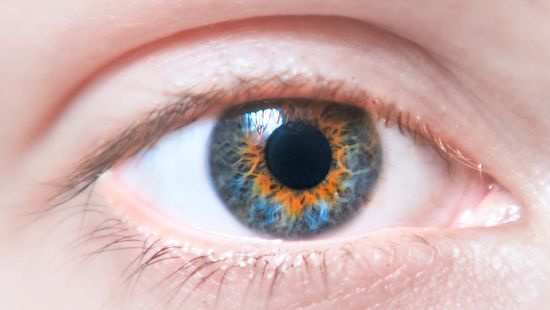
Central Heterochromia: When to Worry About Eye Color

10 Types of Noses to Spot in a Crowd
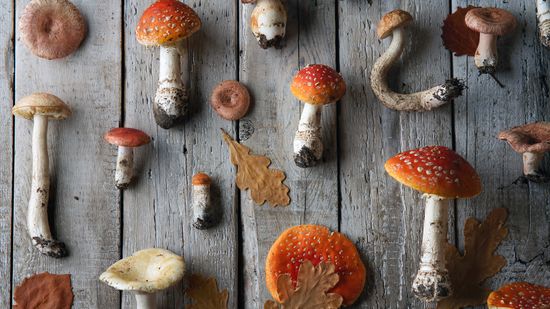
3 Major Types of Mushrooms: Edible, Wild and Poisonous

3 Types of Trees You'll Find All Over the Planet

A Corpse Flower Can Grow Over 12 Feet (3.7 Meters) Tall
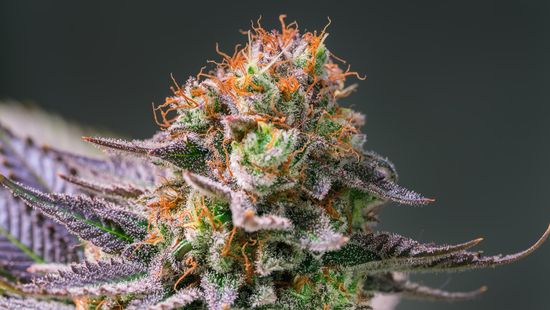
Indica vs. Sativa: How to Distinguish Between Cannabis Plants
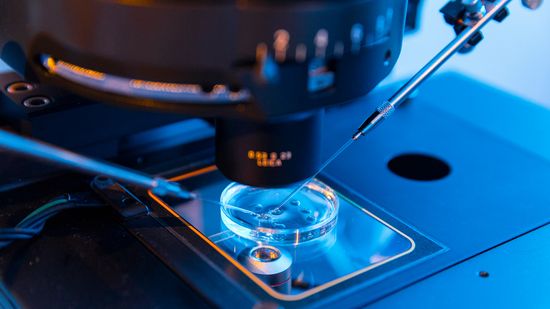
In Vivo vs. In Vitro Trials (and Why Combining Both Is Best)

Hypertonic vs. Hypotonic Solutions: Differences and Uses

Your Phone Is a Germ Factory, So Stop Taking It to the Toilet
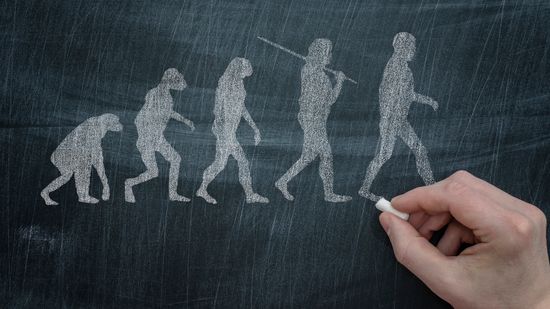
Neanderthal vs. Homo Sapien: Separate Species With Different Fates
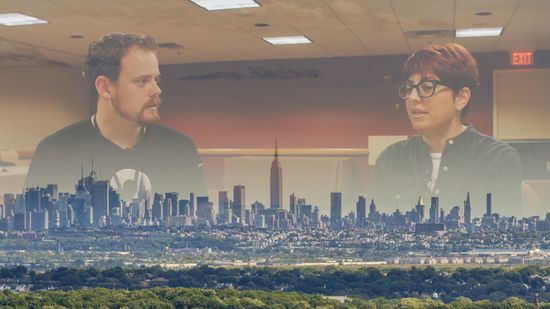
Howstuffworks Interviews: Extinction Level Events with Annalee Newitz

What will the Earth look like in 50,000 years?
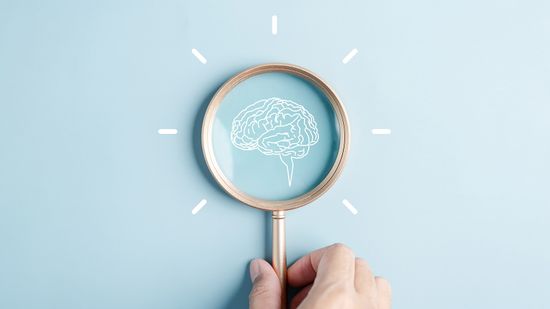
9 Types of Intelligence: The Many Ways to Expand Your Mind
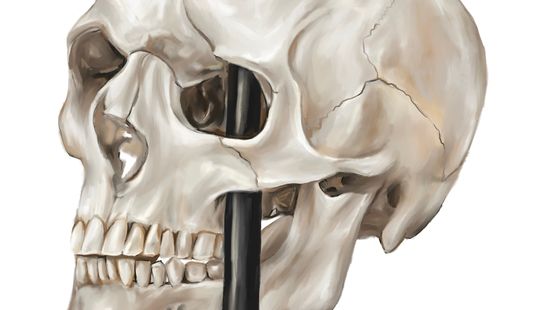
Phineas Gage and the Birth of Modern Neuroscience

Call of the Void: A Counterintuitive Form of Self-preservation
Learn More / Page 3
It's one of those words that might remind you of certain gender-bending musicians from the '80s, but what does it mean today?
Countless superhero movies have been released in the past decade, playing to our fascination with people with higher than usual abilities. But what if people really could have superpowers like those portrayed in the movies, thanks to the inheritance of so-called super genes?
By Diana Brown & Sascha Bos
At least not in nature. Scientists have discovered the two gene families that play key roles in making fruits and vegetables either round or long. Could a square fruit be on the horizon?
By Dave Roos
Advertisement
Does everyone have a double out there somewhere that they don't know about? Science says the odds are pretty slim.
By Alia Hoyt
It's easy to equate Caucasian with white. But the word Caucasian touches on issues deeper than skin color. HowStuffWorks looks at its true meaning.
What happens when twins are reunited decades later? And how in the world can you explain separated twins giving their firstborn son or their family dog the same exact name?
By John Donovan
Neanderthals and humans coexisted for thousands of years, but the relationship between the two species was always a bit dysfunctional. Could we get reacquainted with our evolutionary peers?
By Robert Lamb
Advertisement
Wouldn't it be nice to grow crops that grew 50 percent more than current varieties? How about a strain of vegetables that were safe from insects without using pesticides? Agricultural biotechnology can do that.
You yearn to peer out the window of an SUV and watch a Tyrannosaurus rex lumber into a clearing. Your home movie of said event would be a YouTube sensation. Could it ever happen?
By Robert Lamb
Nearly every living cell is made of DNA, and every chromosome contains exactly one molecule of DNA. But not all cells are made of the same number of chromosomes.
Humans are a diverse lot - which is good! The question of ethnicity vs. race vs. nationality is a source of much debate, even among experts.
By John Donovan
Advertisement
Cell division can be confusing, but it's not as difficult if you pretend chromosomes are sentences.
You probably feel like you have very little in common with that banana lying on your kitchen counter. But science says you do! So, how is this possible? And is that stat accurate? We talk to the scientist who did the research.
By Alia Hoyt
We love stories of twins who can sense each other's pain or know what the other is thinking. But is there really such a thing as "twinspiration" or is just coincidence?
A Punnett square helps predict the possible ways an organism will express certain genetic traits, such as purple flowers or blue eyes.
Advertisement
The Atacama skeleton has sparked intense controversy and, based on its appearance, speculation of alien origin since its discovery in 2003. But what is the real story behind this little skeleton?
By Mark Mancini
